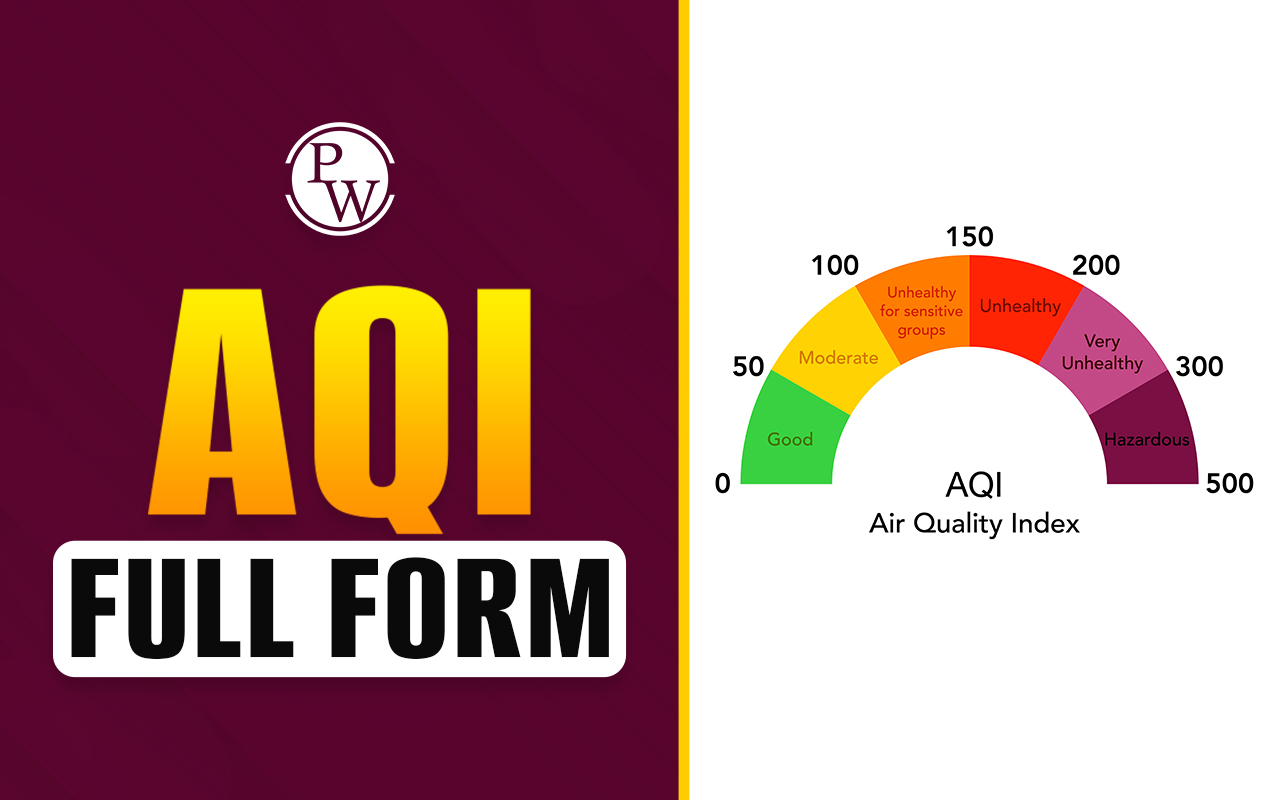
Brief Overview
CAG, which stands for Comptroller and Auditor General of India, is a name that carries great dignity and huge responsibilities. The CAG is the head of the Indian Auditing and Accounting Service. He is responsible for auditing the accounts of the Union and State Governments, as well as those of government-owned corporations and entities.
The role of CAG is to ensure accountability and transparency in government finances and to ensure that public money is being spent in a lawful and proper manner. A CAG also audits the accounts of public sector undertakings, autonomous bodies, and local bodies. The president of India receives the CAG reports, which he then presents to Parliament.
Who is a CAG?
The Comptroller and Auditor General (CAG) of India is a constitutional post under Article 148 of the Indian Constitution. In India, the function of Government audit is discharged by the independent statutory authority of the Comptroller and Auditor General through the agency of the Indian Audit and Accounts Department.
The current CAG of India is the Governor of the UT of Jammu and Kashmir, Sh. Girish Chandra Murmu, who is appointed by the President of India, but the appointment is subject to the approval of both houses of Parliament. The appointment process begins when the Prime Minister of India recommends a panel of names in consultation with the Chief Justice of India and other senior members of the judiciary. After this, the president selects one of the recommended names and appoints that person as the CAG.
It is important to note that the appointment of the CAG is not a political one and is not subject to the discretion of the government of the day. The CAG must be independent and impartial, and it must perform its duties without fear or favor. This independence is essential to the CAG's role as a watchdog over government finances.
Tenure of a CAG
The CAG holds office for a term of six years or until the age of 65, whichever is earlier. Any CAG can only be removed from office on the grounds of proven misbehavior or incapacity, and such removal can only be done when each house of Parliament decides to do so by a majority of not less than 2/3 of the members of that house present and voting.
Furthermore, the Parliament has the authority to enact laws governing salary and other conditions of service.
Duties of CAG
The Comptroller and Auditor General’s Act, of 1971, defines functions and powers in detail. The relevant provisions are hereunder-
- Auditing: The CAG audits by compiling the accounts of the central and state governments, their autonomous bodies, and other public sector organizations. Generally the audit of receipts and expenditures, grants and loans, receipts of the Union or States, accounts of stores and inventory, and government corporations and companies are all under the purview of the CAG.
- Financial reporting: The CAG prepares financial statements for Parliament and submits them for examination and discussion.
- Performance audits: A CAG conducts performance audits to evaluate the efficiency, economy, and effectiveness of government programs and activities.
- Reporting to Parliament: CAG submits reports on its audits to Parliament and provides recommendations for improvement.
- Independence: The CAG is independent of the government and reports directly to Parliament.
- Advisory role: CAG may provide advice and guidance to the government on financial and administrative matters.
- Investigations: A CAG may initiate investigations into any matter related to its auditing responsibilities.
Overall, the CAG of India plays a critical role in ensuring accountability and transparency in the use of public funds.
Powers of the CAG of India
The Comptroller and Auditor General of India (CAG) is a constitutional authority with wide-ranging powers to audit the financial transactions of the government and its various organizations. Here are some of the key powers of the CAG:
- Access to records: The CAG has the power to access all financial records, accounts, and documents of the government and its agencies.
- Audit authority: A CAG has the authority to conduct audits of the central and state governments, their autonomous bodies, and other public sector organizations.
- Performance evaluations: CAGs have the power to evaluate the performance of government programs and activities through performance audits.
- Reporting to Parliament: The CAG submits reports on its audits to Parliament and provides recommendations for improvement.
- Investigation powers: A CAG may initiate investigations into any matter related to its auditing responsibilities, including suspected fraud or corruption.
- Action on findings: CAGs may take action based on its findings, such as recommending the recovery of funds of individuals.
- Impartiality: The CAG is independent of the government and acts impartially in the discharge of its duties.
Various Constitutional Provisions
Article 149- states that CAG shall perform duties and exercise such powers in relation to the accounts of the Union and of the States, and of any other authority or body as may be prescribed by or under any law made by the Parliament.
Article 150- provides that the Union's and States' accounts shall be kept in such form as the President may determine on the advice of the CAG.
Article 151- requires that the reports of the CAG relating to the accounts of the Union/State shall be submitted to the President/Governor who shall cause them to be laid before the House of Parliament/ State Legislature.
[wp-faq-schema title=" CAG Full Form FAQs" accordion=1]
Q1. What are the eligibility criteria for CAG recruitment?
Q2. What is the pay structure of the CAG of India?
Q3. Challenges of CAG?










